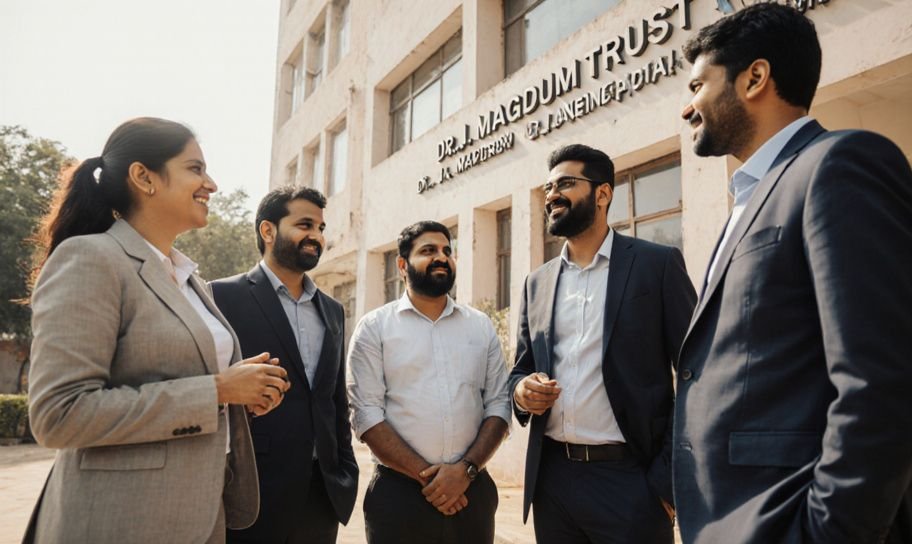
Summary: In a recent court decision, the Bombay High Court at Kolhapur dealt with a case involving late appeals in a gratuity payment dispute. The court stressed that there is a strict limit on how long one can wait to file an appeal.
Four former employees of Dr. J. J. Magdum Trust in Jaysingpur were at the center of this legal battle. They were let go in 2019 and claimed unpaid gratuity from their employer. The court initially ruled in their favor, granting them gratuity with interest.
Dr. J. J. Magdum Trust delayed filing an appeal against this decision. The industrial court allowed the delay, but Atul Bapusaheb Chougule and the other employees challenged this in the High Court. They argued that the appeal was filed beyond the allowed 120 days.
"The appeal is late by 8 days," said the court.
For Atul Bapusaheb Chougule and Employees: Their lawyer, Mr. Vijay Killedar, argued that the law allows only a 120-day window to file an appeal, including any extensions. He pointed out that the trust filed their appeal too late.
For Dr. J. J. Magdum Trust: Dr. Uday Warunjikar, representing the trust, argued that the delay should be excused because they were waiting for official copies of the judgment. He believed the countdown should start only after receiving these copies.
Judge S. G. Chapalgaonkar agreed with Atul Bapusaheb Chougule and the employees. The court ruled that the trust had indeed exceeded the allowed time, even after considering the time taken to obtain official copies.
"The Appellate Court clearly made a mistake in allowing the delay," the judgment stated.
The court has paused any payment of the deposited gratuity amount for six weeks, giving the trust some time to think about further legal steps.
This case highlights the importance of sticking to legal deadlines and the issues that arise when there's a delay. The court's decision emphasizes that deadlines in legal processes are not just suggestions—they're rules.